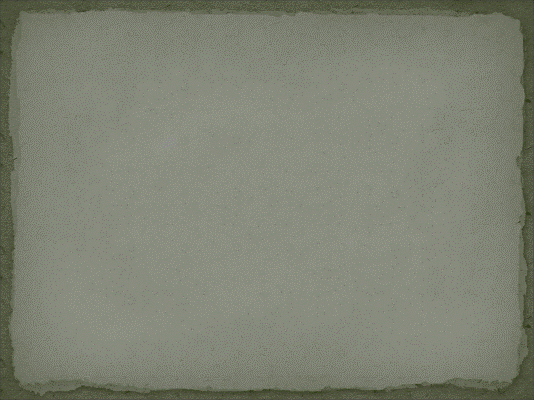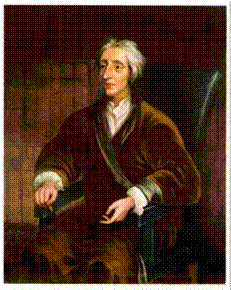

—The “State of Nature”
—He believed that all men
were equal in the state of
nature because they were
“creatures of the same species and
rank”
—Tabula rasa
—We started life in a “blank
slate” upon which environment and experience would transcribe ideas and beliefs. Locke saw human nature as something that was externally determined rather than internally determined
